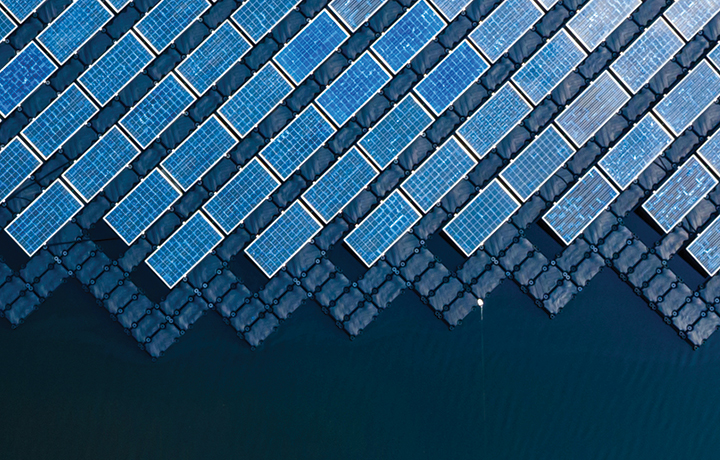December 2, 2022
Related story

Champions of Sustainability
Discover how chemical engineers are leading the charge to a greener future
Industrial separations and distillations rely heavily on heat-driven processes. As a result, they account for 10-15% of global energy use, by some estimates. A recent Department of Energy report calculates a potential to save 100 million tonnes of CO2 emissions and $4 billion in energy costs annually if more-efficient purification methods were used in the U.S. petroleum, chemical and paper manufacturing sectors alone.
Professor David Bergsman is working on membrane-based technologies that can eat away at that big chunk of the emissions pie. His group uses a technique called vapor phase infiltration to diffuse reactive agents into polymer membranes and impart them with new, desired properties. For example, he’s working on modifying membranes that would ordinarily dissolve in oil to be able to withstand the conditions of petrochemical separations — and replace much higher energy processes. Going even further, the lab is developing vapor phase infiltration as a “drop-in” step to fit within conventional membrane manufacturing operations. Advanced membranes also have the potential to slash emissions in carbon capture and water desalination processes.